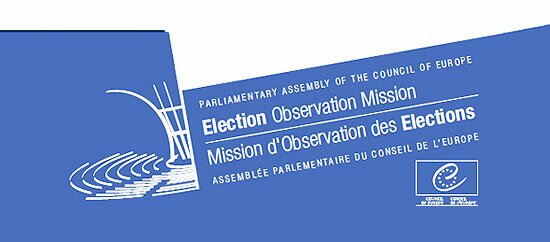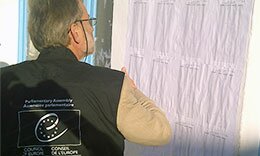
The Assembly was instrumental in introducing institutionalised parliamentary observation of elections in Europe. Its first initiative was monitoring the electoral process of a state in 1974 in the context of the return of Greece to the Council of Europe.
Founded on 5 May 1949 by ten states, in 1989 the Organisation had 23 members. Since 1989, 24 new states have joined. It was this wave of accessions by countries of Central and Eastern Europe that prompted the Assembly to institute systematic election observation.
With the introduction of special-guest status and the procedure for monitoring compliance by new member states with their commitments, PACE was the first institution to link membership of the Council of Europe to respect for the principles of free and fair elections. Implementation of this democratic conditionality would not have been possible without the essential information gathered in the course of election observation missions.
The election observation missions help to ensure that the universal values upheld by the Council of Europe are more widely known, understood, accepted and shared, and in this way increase the number of European states committed to democracy, the rule of law and human rights.
Since 1989 the Assembly has observed over 140 parliamentary and presidential elections in Europe, and over 1800 parliamentarians have been deployed. The Assembly has played a leading role in developing international co-operation in this field and creating a European electoral heritage.
 It is up to the Bureau to decide whether it is necessary to conduct an election observation mission as well as a pre-electoral or post-electoral visit to the country concerned.
It is up to the Bureau to decide whether it is necessary to conduct an election observation mission as well as a pre-electoral or post-electoral visit to the country concerned.
Following observation exercises, the delegation chairpersons draft reports on the observation of the elections, which are submitted to the Bureau and then to the Assembly in the Bureau’s progress report.
The Assembly works with the OSCE PA, ODIHR, EP and NATO PA in its election observation missions.
